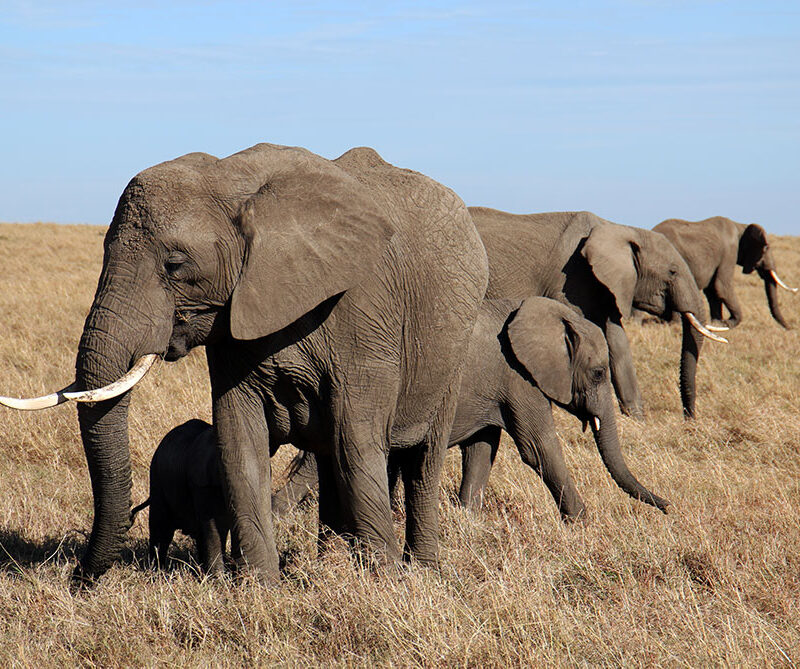WWF Strategic Framework and Online Exchange on Applied Political Economy Analysis
WWF Strategic Framework and Online Exchange on Applied Political Economy Analysis
Project Outputs
As a global organisation delivering complex conservation interventions in challenging contexts across the globe, WWF sought an expert partner to develop its institutional understanding of political economy analysis (PEA) and its application to inform and improve programme design and outcomes. Integrity was selected by WWF to deliver this strategic institutional endeavour because of our expertise in designing and applying PEA in complex settings and our ability to deliver engaging online learning within large organisations.
Working co-creatively with WWF’s Governance Practice, Integrity consulted extensively with WWF staff to develop a shared understanding of PEA needs, interests, and expectations across the network. By engaging with the complexity surrounding WWF’s programming and delivery, we were able to situate PEA within the WWF’s operational context and the wider conservation context. For example, we discussed and considered how political, social, economic, historical, and physical factors can contribute to the illegal wildlife trade, and how these factors can be accounted for in the design and implementation of projects as well as WWF’s landscape approaches. (WWF’s landscape approach manages conservation through long-term collaboration among multiple stakeholders as well as navigating competing dynamics, with the purpose of achieving environmental sustainability in a given context).
Through the consultation, we designed a bespoke Strategic Framework – Political Economy Analysis for Conservation impact (PEACI) – tailored around the WWF network experiences and realities, as well as the wider conservation sector. The Strategic Framework will be a crucial tool in supporting the Governance Practice’s long-term strategic vision to roll out and mainstream PEACI within the WWF network.
As part of our delivery, Integrity designed and delivered eight online exchanges breaking down and contextualising PEACI for the WWF network. The online exchanges were designed in a way to ensure that the knowledge and tools compiled for the strategic framework led to tangible changes in behaviour. Combining live group work, individual self-lead learning and targeted inputs from WWF staff, the sessions fostered deep engagement, network building, and a real sense of knowledge exchange across the network. The online exchanges were accompanied by asynchronous activities on a dedicated online workplace, where discussions and sharing could continue beyond the online sessions. The exchanges reached over 160 WWF staff across all the network’s operational regions globally.
Tags
Advisory,
